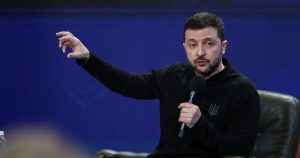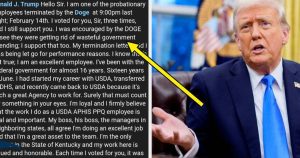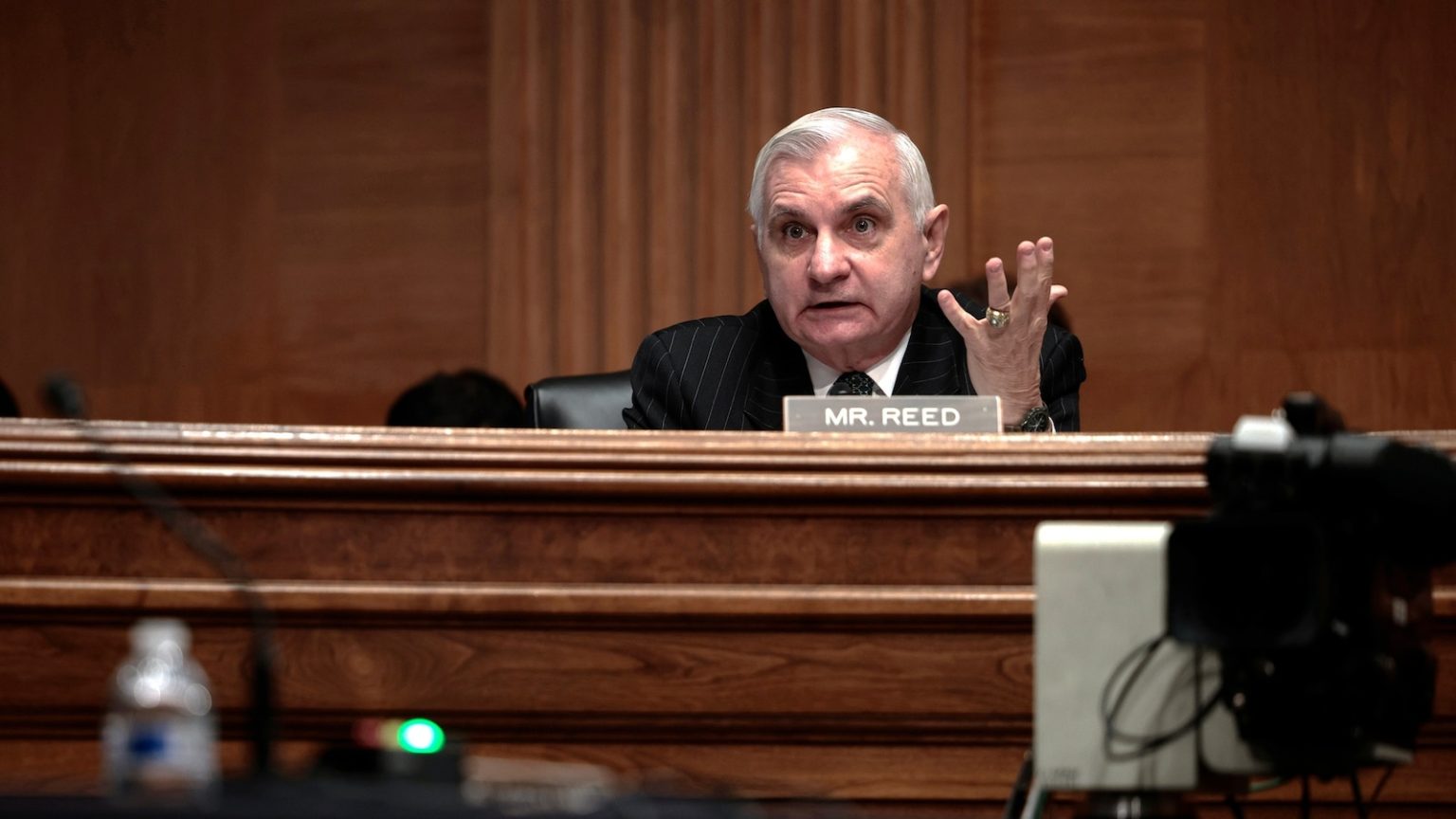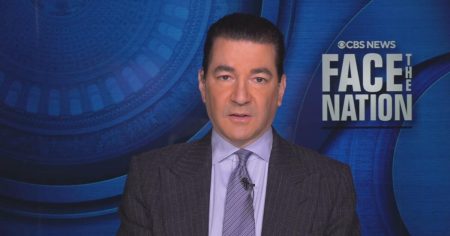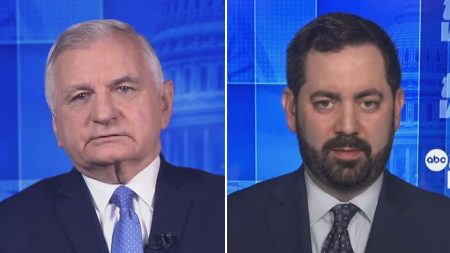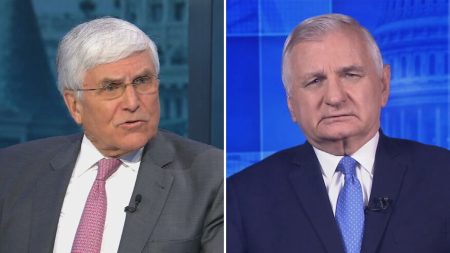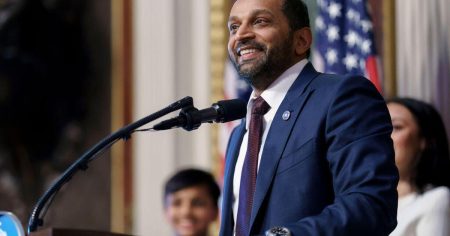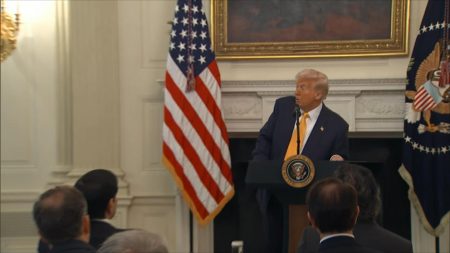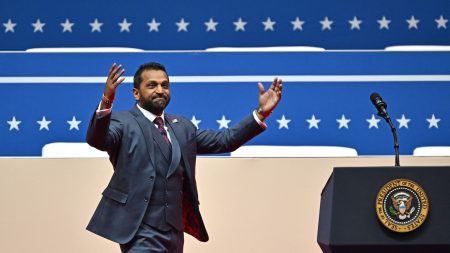Uncertain Future: Firing of Top Military Leaders Sparks Concern
The recent and unprecedented firing of top military leaders, including the Chairman of the Joint Chiefs of Staff and several senior officers, has sent shockwaves through the defense community. General George Casey, a former member of the Joint Chiefs of Staff, expressed deep concerns about the move, describing it as "extremely destabilizing." He emphasized the importance of continuity and stability in the military, especially during times of domestic and international challenges. General Casey highlighted that such firings without clear justification create uncertainty among the ranks, potentially undermining morale and cohesion within the armed forces.
DEI and Decisions: Politicization of the Military?
The discussion around the firings has also brought Diversity, Equity, and Inclusion (DEI) initiatives into focus. General Casey noted that the administration’s focus on DEI as a reason for the firings is problematic. He argued that military leaders were following lawful directives from previous administrations and should not be penalized for it. This shift raises concerns about the politicization of the military, with critics suggesting that the firings are part of a broader effort to align the military with political agendas rather than adhere to apolitical professionalism.
Senate Perspective: Politicization and Potential Fallout
Senator Jack Reed, the top Democrat on the Armed Services Committee, condemned the firings as "completely unjustified" and warned of a dangerous trend toward politicizing the Department of Defense. He highlighted the risk of undermining the military’s core values, such as loyalty to the Constitution over political allegiance. Senator Reed also expressed concerns about the credentials of the new appointees, suggesting that their qualifications and independence would be closely scrutinized during confirmation processes.
House Perspective: Policy and Partisanship
Congressman Mike Lawler offered a different viewpoint, emphasizing the need for efficiency and reform within the federal government. He defended the firings as part of a necessary overhaul of the Pentagon, aligning with President Trump’s campaign promises. Lawler downplayed the role of DEI in the firings, pointing to the administration’s diverse leadership as evidence of its commitment to inclusion. However, he acknowledged the precarious geopolitical landscape and the need for strong military readiness, suggesting that changes in leadership were inevitable.
Global Implications: Ukraine and U.S. Relations
The situation in Ukraine also dominated the discussion, with tensions rising over President Trump’s rhetoric toward Volodymyr Zelenskyy. Senator Reed warned that Trump’s approach could embolden Russian aggression, while Congressman Lawler emphasized the need for clear communication and strategic engagement. Both agreed on the importance of supporting Ukraine, though they differed on the administration’s approach to negotiations with Russia. The geopolitical implications of the conflict underscored the delicate balance of power and the need for coherent U.S. leadership.
Federal Workers’ Plight: Job Loss and Uncertainty
Beyond the military, the impact of sudden job losses among federal workers was a recurring theme. The administration’s push for efficiency and cuts across federal agencies has left many employees reeling, with some critics arguing that the measures are more about political messaging than genuine reform. The human cost of these firings was evident in the stories of federal workers who faced abrupt dismissals, highlighting the broader challenges of transitioning through significant policy shifts under a new administration.
Each section captures the essence of the discussions, reflecting the political, social, and human dimensions of the issues at hand.
